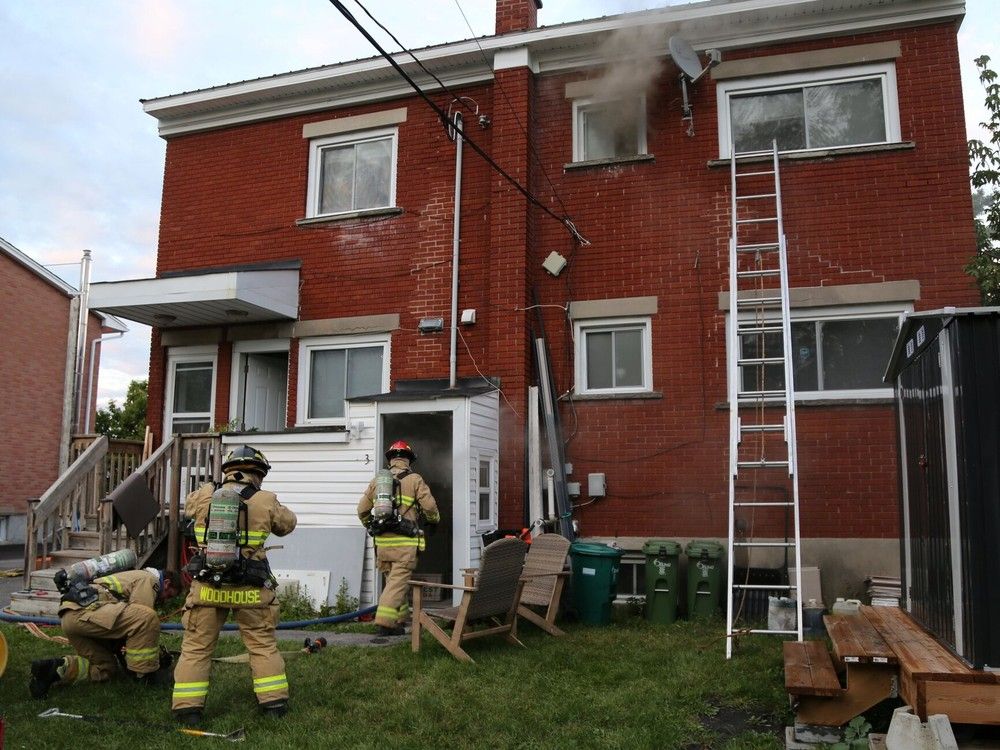Not much changed immediately for electric vehicle drivers across Canada after the federal government announced a step back from its EV policy. But many drivers fear infrastructural growth and improved public charging stations will slow in the coming years.
When Julien Kos drove to Moncton earlier this year, his plan heavily relied on charging his vehicle at a mall while getting a quick bite.
“I got there with 15 per cent and I expected to be able to just charge at the mall,” said Kos, who lives in a remote town of Back Bay, N.B., about 130 kilometres south of Fredericton. But he found several public chargers were broken.
Kos said many provincial public chargers are “unreliable,” while others chargers owned by Tesla are older and compatible with only Tesla vehicles. With the pause in the EV mandate, he feels fewer automakers would be inclined to keep investing in EVs, resulting in a slowdown in overall infrastructure growth.
“It’s definitely disappointing to see that there’s not enough infrastructure in our province, specifically,” said Kos, who bought his first Tesla EV in January. The policy shift hasn’t changed his plans to keep driving his car.
Prime Minister Mark Carney announced Friday that the federal government will not implement a mandate requiring that 20 per cent of all new vehicles sold in Canada by next year be electric, while promising a 60-day review of the country’s electric-vehicle program.
The mandate was initially designed to increase until 2035, by which point all new light-duty vehicles sold in Canada were to be fully electric or plug-in hybrids.
Carney said the review is aimed at finding “future flexibilities and ways to reduce costs” while government documents suggest amendments to the annual sales targets, including the 2035 goal, will be considered.
The pause likely won’t affect EV adoptions nor those who already have one, said Tracy Miersch, EV ambassador team leader for MEET Moncton, who bought her first EV four years ago.
“Where I think it might impact is the car manufacturers that haven’t really bought into the EV idea,” she said in an interview. “They might slow their development.”
MEET, or Mobile EV Education Trailer, is a program run by Plug’n Drive Canada, an organization that focuses on EV education.
Miersch said there’s a concern that government grants for improved public charging stations could be affected, but private companies could help with that gap in the existing infrastructure.
“There are enough private companies and businesses that are now seeing the advantage of having an EV charger at or near their location,” she said.
Coffee chain Tim Hortons announced last month its plans to set up EV fast chargers at 100 locations across the country by the end of 2028. The company has partnered with the charging company FLO.
“I’m not worried about the infrastructure growing,” said Angie Thomas, secretary of the board of the Electric Vehicle Association of Alberta. “But I do worry about future charging projects coming.”
Thomas said the move could hurt Canada’s chance of getting ahead of the electric curve.
“Technology is moving ahead very quickly, but we need to embrace this technology or we risk being left behind,” Thomas said.
For Alroy Brouwer, the federal government’s decision to pause the mandate doesn’t affect his decision to trade in his second vehicle for an EV when the car is at the end of its life.
“Once people start driving an EV, they’re not going back to a gas-powered car again,” said the Barrie, Ont., resident, who bought his first EV three years ago.
“You quickly realize how stupid it is to burn $20 in gas every day to get somewhere.”
But his decision heavily relies on the comfort of home-charging infrastructure.
“If you can’t charge it at home, then right now, with our infrastructure, it’s not as easy as switching over,” Brouwer said.
He said many public charging stations on southern Ontario highways tend to be unreliable and are often out of service, or can be fairly expensive to top up the car.
The mandate pause comes at a time when EVs are seeing a dip in uptake. An AutoTrader survey from April showed 42 per cent of respondents say they’re considering an EV as their next vehicle, down from 46 per cent last year. In 2022, 68 per cent said they would consider buying an EV.
EV adoption isn’t going to be linear, Kristian Aquilina, president of GM Canada, said at a conference in Vancouver on Saturday. He added the policies around EVs need to be more reflective of consumer demand, rather than a forced outcome from federal mandates.
“We would be pursuing a future whereby EV policy in this country is just a bit more reflective of the realities of consumer demand, rather than a forced outcome,” he said.



